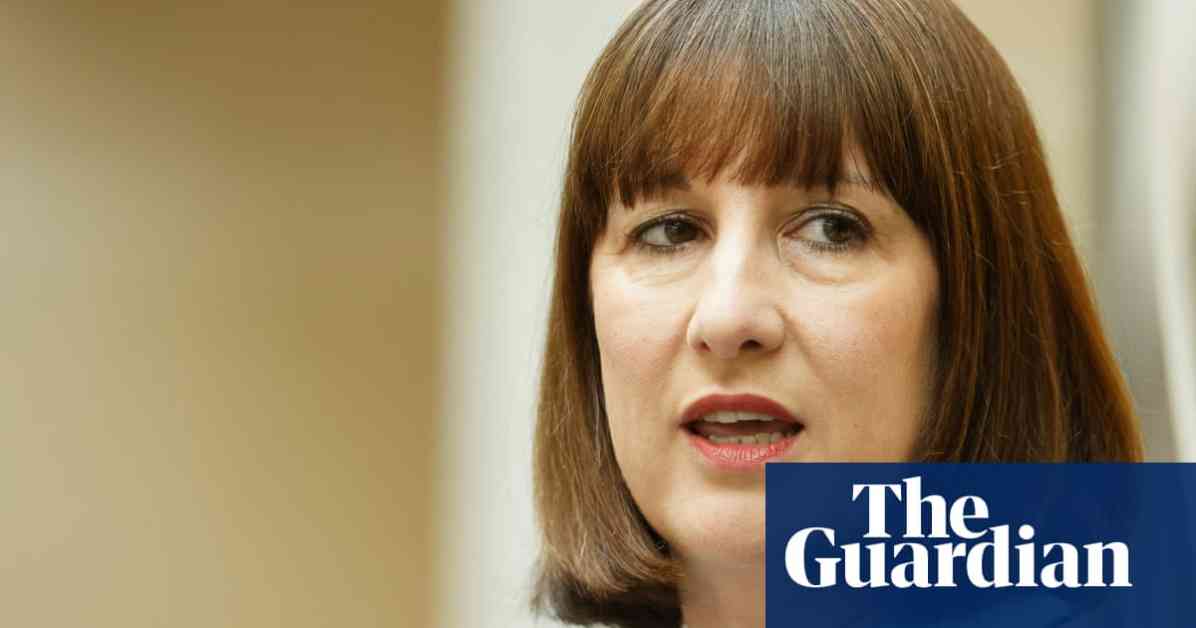Rachel Reeves has been warned that additional tax increases of £9 billion may be necessary to avoid further cuts in key public services, causing concern in the financial markets. Despite the Chancellor’s assurances that her budget would restore economic stability to Britain, government borrowing costs rose sharply as traders reacted negatively to Reeves’s tax and spending measures.
The yield on benchmark 10-year government bonds increased to its highest level this year, prompting fears that the Bank of England may be forced to delay interest rate cuts. The pound also fell against the US dollar, indicating investor unease with the budget’s fiscal outlook.
While some analysts drew parallels to past budget debacles, others cautioned that the current market reaction was less severe. However, concerns remain about the UK’s fiscal future, with investors expressing nervousness about the government’s spending plans.
In response to the market reaction, Labour emphasized its commitment to economic and fiscal stability. The opposition criticized the budget, warning that increased borrowing could lead to higher costs for taxpayers in the form of expensive mortgages and debt interest payments.
The impact on households and businesses will depend on the sustainability of the market reaction. If borrowing costs continue to rise, mortgage rates could increase, affecting consumers and businesses. The Bank of England is expected to cut interest rates, but the level may remain higher than previously anticipated due to the budget’s implications.
Economists questioned whether the budget’s spending measures and tax increases would be sufficient to stimulate growth and stabilize government finances. The Institute for Fiscal Studies warned that additional action may be needed to prevent cuts to public services in the future.
Despite the budget’s focus on higher spending and borrowing, concerns remain about its impact on public services and living standards. Experts questioned whether the budget would deliver meaningful improvements before the next election, highlighting the need for sustained growth and higher living standards.
Overall, the budget has sparked debate about the government’s fiscal strategy and its implications for the economy. As policymakers monitor the market reaction, the focus remains on ensuring economic stability and sustainable growth in the coming years.












